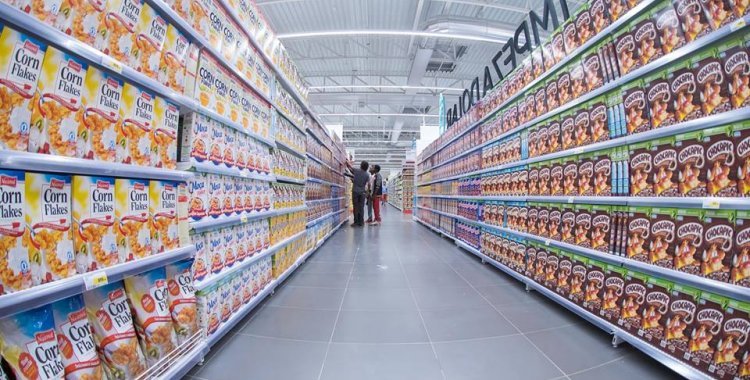AGT released this Wednesday, at a press conference, information about the new taxation of goods imported from third countries, which came into force on the 3rd of this month and which increases the tax on beans (from 10 to 15 percent) , sugar (from 20 to 40 percent) and milk (from 30 to 40 percent), for example, but also clothing (10/40 percent) and glass (30/40 percent).
Exempt from customs duties, in the new version of this instrument, all packaging, fractionation, stamping, labeling or insignia processes are incorporated into the manufacturing process, this is because, according to AGT administrator, Nerethz Tati, it was noted that It is clear that, despite there being national production, some consumers prefer imported products, often due to the product's presentation.
“We are able to leverage national production, however our products cannot be competitive”, said Nerethz Tati, adding that competitiveness can only be guaranteed by improving the presentation of the product.
“The objective is to ensure that the national market gains space, and this expected self-sufficiency is only possible if we protect the national market. This protection comes with policies of this nature in which protective taxes are applied, so that the import market does not swallow up the national market,” she said.
The AGT administrator stressed that all the escalations made were focused on stimulating national production and food security.
“All goods that have worsened have as their main focus ensuring that national production grows, evolves, that this commodity has sufficient development so that it can be self-sufficient at a local level and also from the perspective of food security”, she added.
Nerethz Tati also mentioned that, “by default”, fears are always expressed about the increase in inflation when there are these changes, but stated that “it is not entirely true”.
The official said that there are 2,197 exempt tariff lines and “out of a total of 100 percent, only 15 percent of the tariff lines were increased”, she explained.
Regarding reductions, she highlighted the beverage sector, in consideration of the consolidated rates indicated by the world trade organization, of which Angola is a member state, increasing water from 60 to 55 percent.
Taxation was also lowered on imports of shoes, cell phones, jewelry and vehicles.







